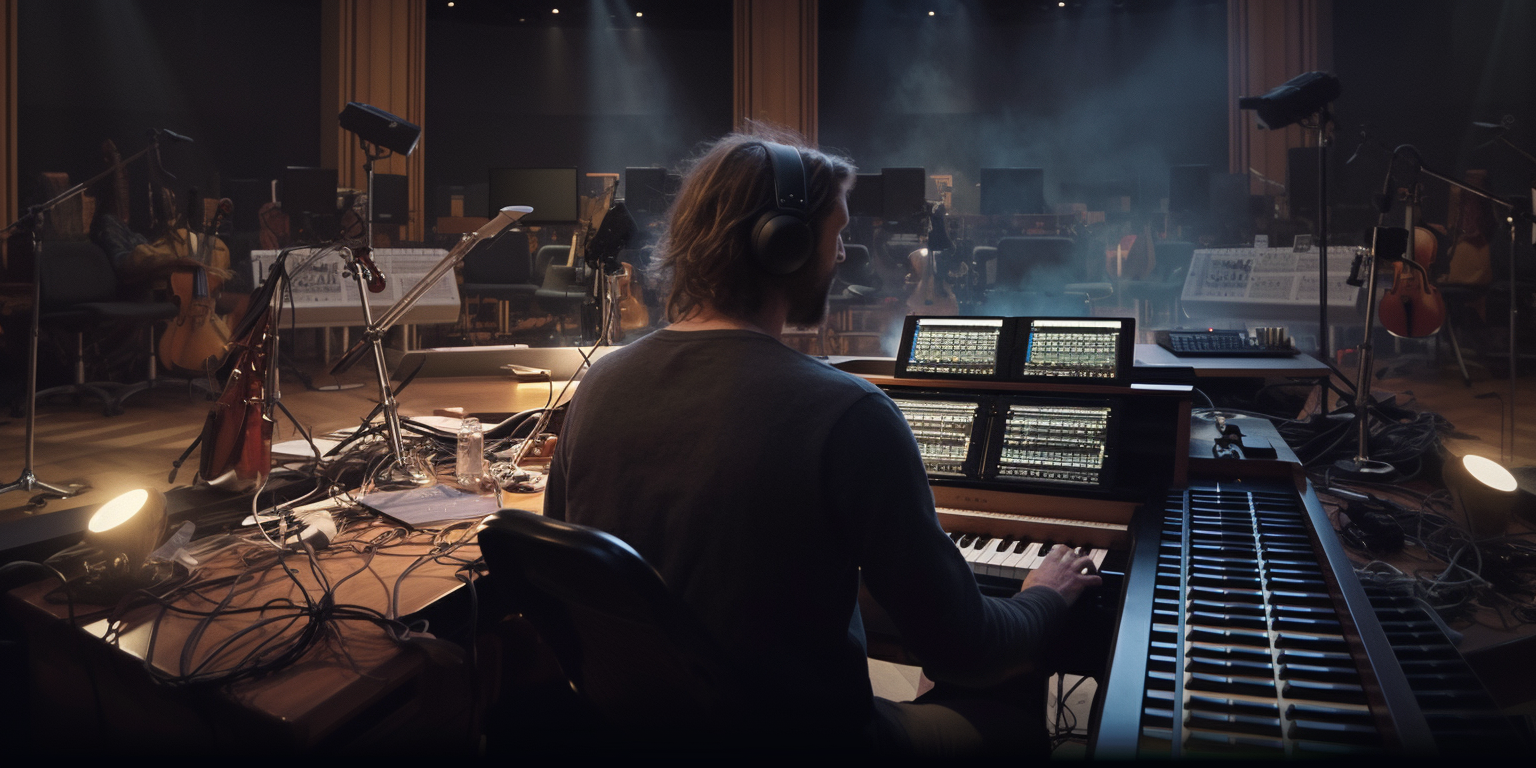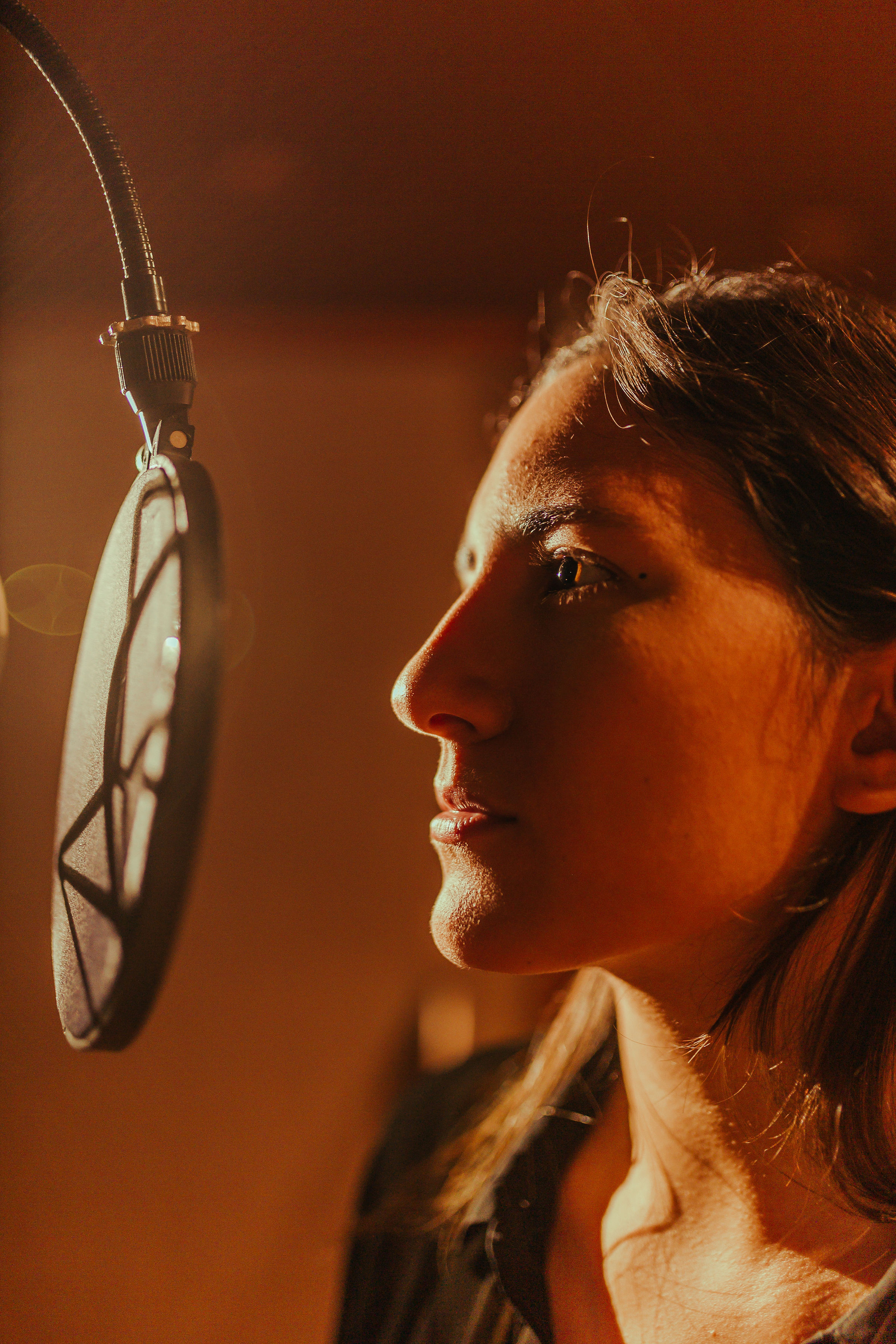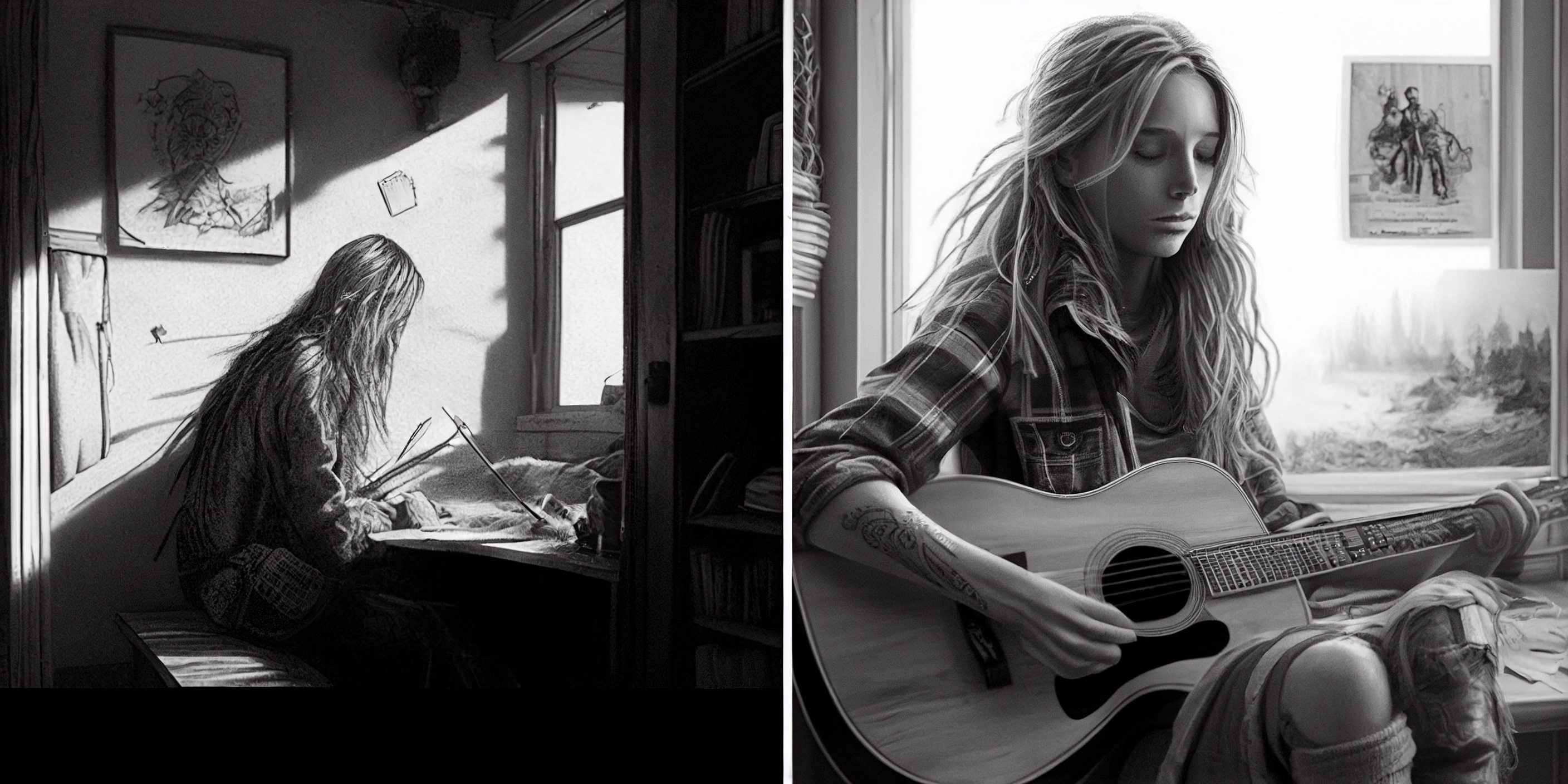Reaching new heights: Recording (remotely) with an Orchestra

What do these 3 songs have in common?
"The Unforgiven III" - Metallica
"Kashmir" by Led Zeppelin
"Dear Mama" by 2Pac
Ok, so the title may have given the answer away already...
But why would artists across every genre of music choose to back their songs with an orchestra? Obviously this adds a rich and diverse range of instruments including strings, woodwinds, brass, and percussion. This expansive palette of sounds adds depth, texture, and complexity to the music, elevating the overall musicality of the song.
But orchestras add so much more. The soaring strings, majestic brass, and delicate woodwinds have a profound impact on listeners, stirring deep emotions and creating an immersive experience. By incorporating an orchestra, artists can amplify the emotional resonance of their songs, capturing the hearts of their audience in a way that's truly unforgettable.
Ultimately, artists and singer-songwriters choose to enhance their songs with an orchestra to elevate their music to new heights, create impactful and immersive experiences, and set their music apart in a crowded music landscape, leaving a lasting impression in a way that resonates deeply and attracts a wider audience to their music.
You might be an up-and-coming media composer funding your own demos while you network for projects, thinking VSTs are your only option with the logistics of hiring and recording with an orchestra daunting, not to mention costly. You may be an aspiring singer-songwriter who's dreamed of one day recording your songs with an orchestra, but wouldn't have the foggiest notion of how or where to begin.
Regardless of where you find yourself across the rich and diverse palette of music makers, you may be surprised to learn that remote recording with an orchestra is far easier and more affordable than you think. We'd go so far to say that, without much of the foggiest idea, you can have your song backed by an orchestra and appear like an absolute pro!
Whilst our last blog covered the essential equipment and software you need for remote recording, this article will delve into the process and techniques of remote recording with an orchestra, how to find the right orchestra, and the steps involved in creating a breathtaking musical masterpiece.
Finding the Right Orchestra for Remote Recording
To achieve your creative vision and create a captivating musical experience for your audience, it's crucial to find the right orchestra for your remote recording project. Here are a few steps to help you in the process:
- Researching orchestras: Start by researching different orchestras that offer remote recording services. Look for those with experience in your genre of music and a reputation for delivering high-quality performances.
- Evaluating their expertise: Assess the expertise and skill level of the orchestra members. Listen to their previous recordings, and don't hesitate to reach out and discuss your project to ensure they align with your vision.
- Availability: Check their availability to ensure they can accommodate your project timeline.
...at Musiversal, we make it simple with recurring shared sessions members book by the minute featuring 22-piece string and 30-piece orchestra ensembles with the (Grammy-winning) Czech National Symphony Orchestra (CNSO), a 55-piece ensemble with the Budapest Symphony Orchestra, as well as the Brookespeare String Quartet.
Preparing for Remote Recording
- Choosing the right song: Select a song that showcases your vocal and instrumental abilities and can benefit from the addition of an orchestra. Consider the emotional impact, dynamics and potential for orchestral arrangements.
- Arranging the music for the orchestra: Adapt your song to accommodate the orchestral elements. Work on creating sheet music or lead sheets for the orchestra members, specifying the individual parts and any necessary modifications.
- Communicating your vision to the orchestra: Clearly convey your artistic vision to the orchestra. Share reference tracks, mood boards, or even personal anecdotes to help them understand the desired atmosphere and emotional tone of the recording.
And if you didn't just graduate from music school and aren't sure what the difference is between a transcription and an arrangement (join the club), the good news is you can easily find a professional arranger for your project that can help you prepare your music and significantly enhance the quality of your remote orchestral recording. Hopefully there's a music company out there that has this covered...
Tips for a Successful Remote Recording Experience
- Prepare a Reference Track: To help the orchestra players understand the desired mood and style of your composition, provide them with a reference track or examples of similar songs. This will assist in ensuring that their performances align with your artistic vision.
- Record a Guide Track: Before involving the orchestra, record guide tracks to provide a reference for their performance. This will help them understand the structure, melody, and dynamics of your song.
- Use a Click Track: A click track acts as a metronome, providing a consistent tempo for the orchestra players to follow. Include a click track along with your reference track to maintain synchronization and cohesion throughout the recording.
- Record in Sections: Rather than attempting to record the entire song in one take, break it down into sections. Start by recording the rhythm section and gradually add the orchestral elements. This approach allows for greater precision during editing and mixing.
- Provide clear instructions and feedback: When communicating with the orchestra, provide precise instructions regarding tempo, dynamics, and specific musical sections. Offer constructive feedback during recording sessions to ensure the desired outcome.
- Consider post-production: After receiving the recorded orchestra tracks, it's essential to properly mix and master them with your vocals and other instruments. Familiarize yourself with basic audio editing and mixing techniques, or consider hiring a professional audio engineer to ensure a polished and cohesive final product. Additionally, be mindful of any necessary revisions or adjustments to the orchestra tracks to ensure they fit seamlessly with the rest of the song.
Or even better, find a service who covers all this tricky stuff for you! Musiversal makes all this easy for their members with a full-suite of transcription, arrangement, mixing and mastering services to hold the composer or songwriter's hand through the entire process - ultimately helping you spend less time engineering and more time doing what you do best - writing and composing music.
Conclusion
Remote recording with an orchestra opens up exciting possibilities for composers and singer-songwriters, allowing them to achieve professional quality sound without the challenges and costs associated with traditional in-person recordings. The convenience, cost-effectiveness, and flexibility of remote recording, combined with the right equipment, software and techniques, can help you bring your musical vision to life.
So don't let limitations hold you back. Embrace the power of remote recording and orchestrate your musical dreams with confidence. The journey may have its challenges, but the rewards are immeasurable. Your musical aspirations are within reach, and the world is waiting to be enchanted by what only you can create.
For inspiration, check out how this singer-songwriter wove his Musiversal orchestra session into his song:
Also this Sydney based composer and pianist's touching blend of piano and strings brought together with Musiversal during the lockdown period of 2021:
And this up-and-coming composer's first ever orchestral recording with Musiversal after winning the Ryan Leach competition in October 2022:
FAQ's
A. Can I use a remote orchestra recording for commercial purposes?
Yes, you can use a remote orchestra recording for commercial purposes. However, it's important to ensure that you have the necessary legal rights and permissions for any copyrighted material involved in the recording. If you are using original compositions, you retain the rights to those songs and can use them for commercial purposes.
B. How much does remote orchestra recording typically cost?
The cost of remote orchestra recording can vary depending on various factors, such as the complexity of the arrangement, the number of musicians involved, and the level of expertise required. It is recommended to consult with arrangers, musicians, or production studios to get an accurate estimate based on your specific project requirements.
For reference, here is a sample of Musiversal's base pricing (prior to evaluating the complexity of the score) for shared session remote recording with the CNSO 22-piece strings and 30-piece orchestra ensembles.
C. Do I need professional music notation software for remote recording?
Having professional music notation software can be beneficial for remote recording, especially when working with arrangers and musicians who rely on sheet music and scores. However, it is not always a requirement. If you have a clear and well-communicated vision for your orchestral arrangement, you can work with arrangers who can interpret your instructions and create the arrangement without relying solely on notation software.
D. Can I collaborate with an arranger remotely?
Yes, remote collaboration with an arranger is possible and increasingly common in today's digital age. With the help of online communication tools, video conferencing, and file-sharing platforms, you can effectively collaborate with an arranger regardless of geographical location. Clear communication and detailed instructions are key to ensuring a successful remote collaboration with an arranger.
E. How do I protect my song copyrights when working with remote musicians?
When working with remote musicians, it is important to establish clear agreements regarding copyright ownership and usage rights. This can be done through contractual agreements, such as work-for-hire agreements or licensing agreements, which outline the rights and responsibilities of all parties involved. It is advisable to consult with legal professionals or music industry experts to ensure that your copyrights are adequately protected when collaborating with remote musicians. See Musiversal's Terms of Use for details around our 100% buyout policy for remote recording.


